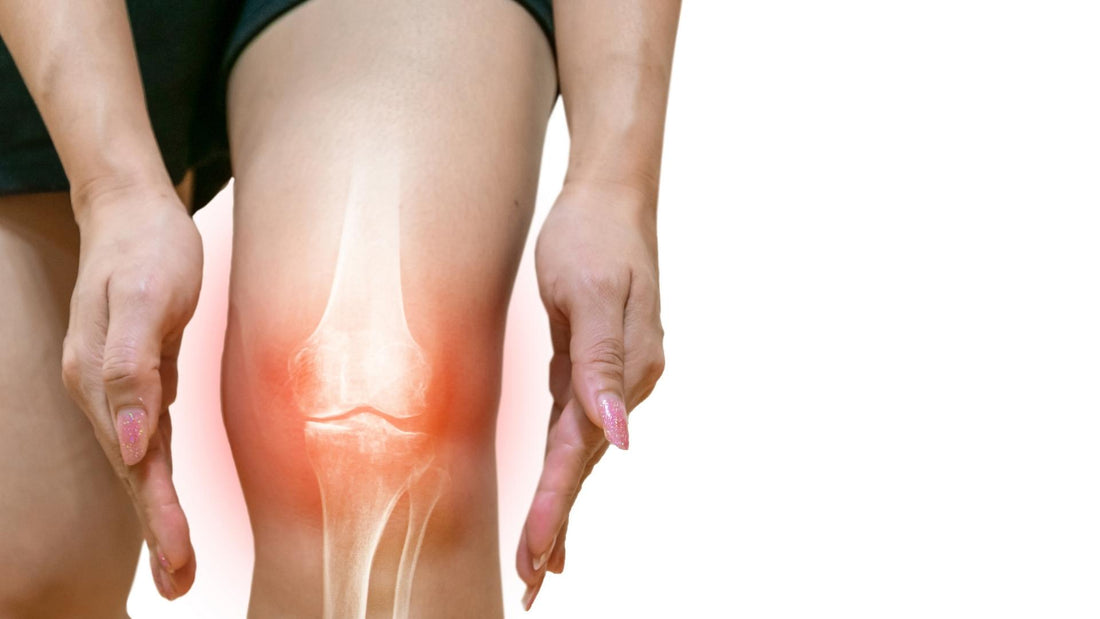
Sycamore Leaf Useful for Osteoarthritis Remedy
Share
Osteoarthritis is a common condition that affects millions of people worldwide. It is characterized by the degeneration of cartilage in the joints, leading to pain, stiffness, and reduced mobility. While there are several factors that contribute to the development of osteoarthritis, recent research has shown a potential link between vitamin D deficiency and knee pain.
What is Osteoarthritis?
Osteoarthritis is a degenerative joint disease that primarily affects the knees, hips, and hands. It occurs when the protective cartilage that cushions the ends of the bones wears down over time. As a result, the bones rub against each other, causing pain, swelling, and stiffness. Osteoarthritis is more common in older adults, but it can also occur in younger individuals, especially those who have experienced joint injuries or have a family history of the condition.
Understanding the Role of Vitamin D
Vitamin D is an essential nutrient that plays a crucial role in maintaining bone health. It helps the body absorb calcium, which is necessary for strong and healthy bones. Additionally, vitamin D has anti-inflammatory properties that can help reduce joint pain and inflammation. The primary source of vitamin D is sunlight, but it can also be obtained through certain foods and supplements.
The Connection Between Vitamin D Deficiency and Knee Pain
Several studies have found a correlation between vitamin D deficiency and an increased risk of developing knee osteoarthritis. One study published in the Journal of Clinical Rheumatology found that individuals with low levels of vitamin D were more likely to experience knee pain and functional limitations. Another study published in the Journal of Aging and Physical Activity found that vitamin D deficiency was associated with increased knee pain severity in older adults.
The Importance of Sycamore Leaf Extract
In recent years, sycamore leaf extract has gained attention for its potential benefits in managing osteoarthritis symptoms. Sycamore leaf extract contains compounds that have anti-inflammatory properties and may help reduce joint pain and swelling. While more research is needed to fully understand the effects of sycamore leaf extract on osteoarthritis, preliminary studies have shown promising results.
Preventing Osteoarthritis and Managing Knee Pain
While there is no cure for osteoarthritis, there are steps you can take to prevent its onset and manage knee pain. Here are some recommendations:
- Maintain a healthy weight: Excess weight puts additional stress on the joints, increasing the risk of osteoarthritis.
- Stay active: Regular exercise helps strengthen the muscles around the joints and improves flexibility.
- Eat a balanced diet: Consuming a diet rich in fruits, vegetables, whole grains, and lean proteins can help support overall joint health.
- Get enough vitamin D: Spending time outdoors and consuming vitamin D-rich foods or supplements can help maintain optimal vitamin D levels.
- Consider natural remedies: Sycamore leaf extract and other natural supplements may provide relief from knee pain and inflammation.
It's important to consult with a healthcare professional before starting any new treatment or supplement regimen, especially if you have underlying health conditions or are taking medications.
In Conclusion
Osteoarthritis is a common condition that can significantly impact a person's quality of life. While the exact cause of osteoarthritis is still not fully understood, emerging research suggests a potential link between vitamin D deficiency and knee pain. Maintaining optimal vitamin D levels and considering natural remedies like sycamore leaf extract may help manage knee pain and improve overall joint health. Remember to consult with a healthcare professional for personalized advice and guidance.

